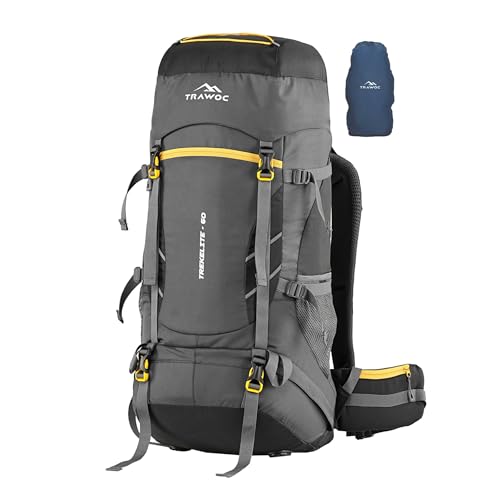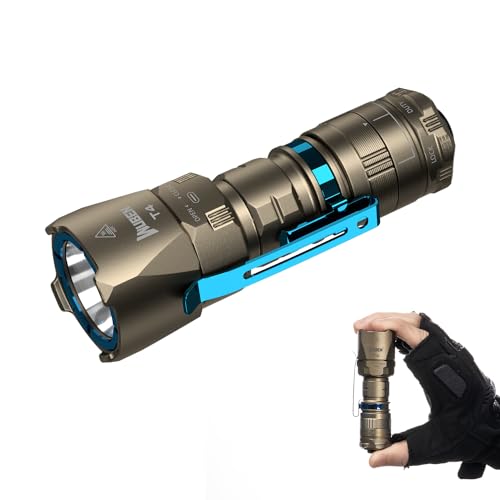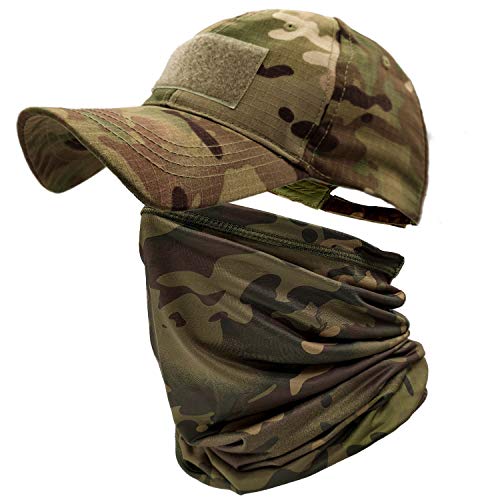When a proper hotel, the Monaltrie Arms, was erected in the 1830's it was named after the feudal superior, Farquharson of Monaltrie. Invercauld Estate leased the Hotel to tenant landlords. The first tenant was a man called Middleton. A family called Ross succeeded him, then came Charles Cook. He was still there in 1877. On his entry to the Hotel it had been refurbished and enlarged. Following him came a family of McGregors, and during their tenancy the building had a second addition. Mr. Proctor took over and there was yet another extension.
The 'square' near the Hotel was the original centre of the village.(Bridge Street did not exist at first.) Stage-coaches stopped there and the whole area was bustling, with stabling, etc. Many young village lads had jobs as ostlers, porters and general workers. In 1850 the Royal Mail Coach left the Royal Hotel in Union Street, Aberdeen, for Braemar, at 7a.m., stopping for a while at the Monaltrie. The whole journey took 9 hours, (allowing for refreshment stops), according to the diary of James Farquharson, a prosperous London merchant with roots on Deeside.
A coachman published a description of Ballater in 1830. It was written by Joseph Robinson. "The inn, the Monaltrie Arms, is at the south east comer of the square, just on the bank of the river". Sketches of around 1856 do not show the building as it is today. The present building dates from about 1860, and stands on the foundations of the original Monaltrie Arms. The Hotel and the accompanying farm, Cornellan, formed a complex that provided local employment. The farm used to provide the Hotel with all its produce, including game. The present McEwan's shop is on the site of the old Hotel laundry. The kitchen garden was across the road, just beyond the present Riverside Garage. Tinkers camped by the river, beyond the old laundry and gave their name to the Bar that is now a private house. Even when another bar opened, it closed half an hour after the last train, so everyone rushed to the 'Tink'.

















































